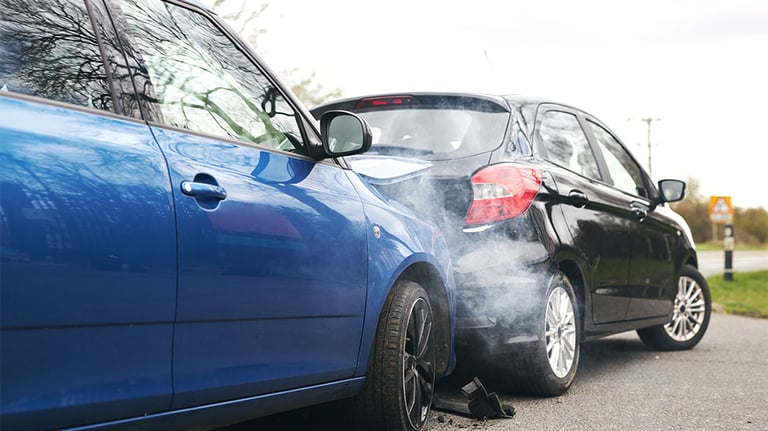
If you file an insurance claim, you may hear the term “subrogation.” It often applies to auto insurance, but can also apply to property and health insurance claims. Here’s more information about what it is and how it can help you.
What is subrogation?
Subrogation, or “subro,” refers to the right your insurance company holds under your policy to request reimbursement from the at-fault party (after they’ve paid a covered claim). The reimbursement typically comes from the at-fault party’s insurance company (also called the Third-Party Carrier, or TPC).
During this process, the policyholder doesn’t have to do much as communications typically take place behind the scenes, between the insurance companies. If the claim is approved, the proceeds may help cover the cost of your deductible.
You must have adequate coverage on your policy and use it (including paying your deductible) before your insurance can get involved and seek reimbursement. Also note that insurance companies aren’t obligated to pursue subrogation, though some states require insurers to inform their customers when they decide not to. In that case, customers may attempt to recover the deductible on their own.

When does subrogation occur?
Subrogation may apply if you’re involved in an accident and it’s determined another party is at least partially at fault.
For example, say you were rear-ended and you file a claim under your collision coverage. You receive a check from your insurer that covers the cost of your repairs (minus your deductible). Then, your insurance company may act on your behalf to seek compensation from the at-fault drivers’ insurance that equals the amount they paid to you to cover your claim. If the insurer is successful, they will use the funds they get from the other insurance company to reimburse you for part or all of your deductible.
How long does subrogation take?
Subrogation can take weeks, months, or even years depending on factors like:
- Circumstances of the accident.
- Complexity of the claim.
- State where it occurred.

What is a waiver of subrogation?
A waiver of subrogation is an agreement that prevents your insurance company from acting on your behalf to recoup expenses from the TPC. This comes into play when the at-fault driver wants to settle the accident without getting your insurer involved.
Make sure you completely understand what you’re signing before you do. Most insurers request you notify them prior to signing. Once a waiver is signed, your insurance company can’t advocate for you if something goes wrong, so it’s not typically recommended.

